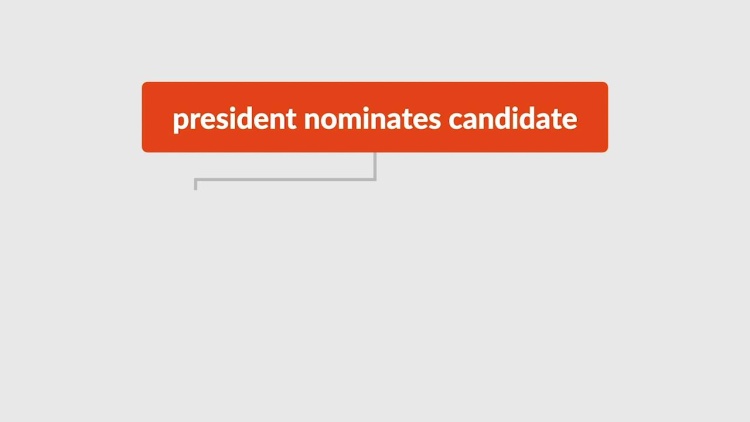Public Citizen v. United States Department of Justice
United States Supreme Court
491 U.S. 440 (1989)
- Written by Angela Patrick, JD
Facts
To address concerns about government waste and improper influence, President Kennedy issued an executive order establishing guidelines for advisory committees that were either (1) established by the federal government or (2) utilized by the federal government in the same manner as a government-created advisory committee. Years later, Congress enacted the Federal Advisory Committee Act (FACA), which adopted much of the executive order’s language. FACA stated that it governed committees that were “established or utilized” by the president or a federal agency to give advice or recommendations. FACA required that such committees take specific actions, including allowing public access to committee meetings and records. FACA’s primary purpose was to reduce waste and inefficiency from the overuse of federally paid advisory committees and to increase these federal committees’ public accountability. Meanwhile, a relationship existed between the executive branch and the American Bar Association (ABA), a private professional association: before the president formally announced nominees for federal judgeships, a standing committee formed by the ABA (the ABA committee) investigated the potential nominees, rated their qualifications, and communicated its findings to the US Department of Justice (defendant). This process was almost completely confidential. In 1986, the Washington Legal Foundation (plaintiff) asked the ABA committee to publicly disclose the names of potential judicial nominees, but the ABA committee refused. The Washington Legal Foundation sued the Department of Justice in federal district court, seeking a declaration that the ABA committee was governed by FACA and other relief. Public-interest group Public Citizen (plaintiff) intervened as a plaintiff. The district court ruled for the Department of Justice, holding that (1) FACA governed the ABA committee but (2) this application of FACA violated the constitutionally required separation of powers because it allowed the legislature to infringe on the president’s power to nominate federal judges. Public Citizen appealed to the United States Supreme Court.
Rule of Law
Issue
Holding and Reasoning (Brennan, J.)
Concurrence (Kennedy, J.)
What to do next…
Here's why 910,000 law students have relied on our case briefs:
- Written by law professors and practitioners, not other law students. 47,100 briefs, keyed to 997 casebooks. Top-notch customer support.
- The right amount of information, includes the facts, issues, rule of law, holding and reasoning, and any concurrences and dissents.
- Access in your classes, works on your mobile and tablet. Massive library of related video lessons and high quality multiple-choice questions.
- Easy to use, uniform format for every case brief. Written in plain English, not in legalese. Our briefs summarize and simplify; they don’t just repeat the court’s language.





